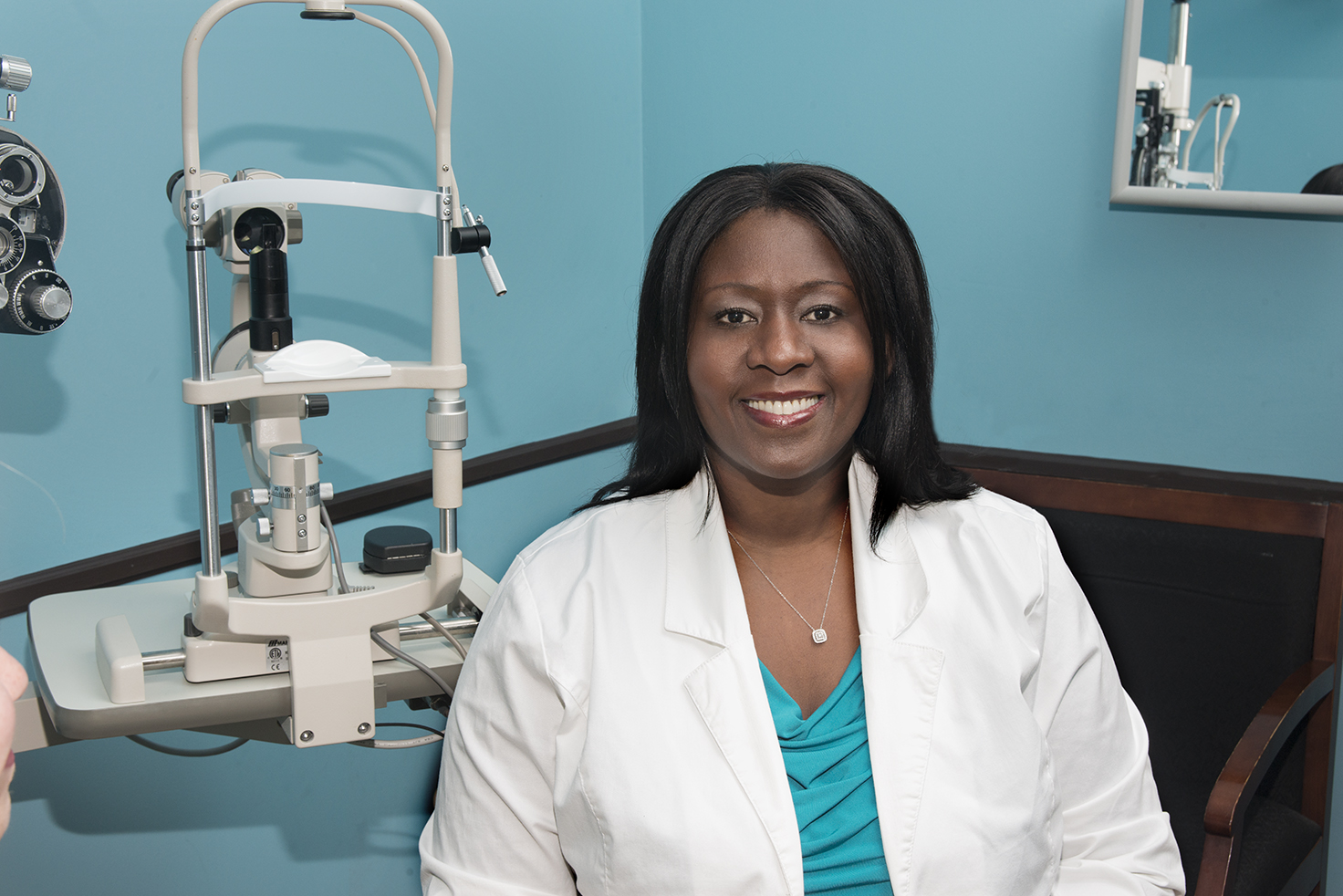March is Thyroid Eye Disease Awareness Month: Understanding and Managing the Condition…
Thyroid Eye Disease (TED) Awareness Month is observed to raise awareness about this often overlooked but significant condition that affects the eyes. Thyroid Eye Disease, also known as Graves’ Orbitopathy or Graves’ Eye Disease, is an autoimmune disorder often associated with hyperthyroidism, although it can occur in people with normal or low thyroid function as well.
What Is Thyroid Eye Disease?
TED occurs when the immune system mistakenly attacks the muscles and fatty tissue around the eyes, causing inflammation. This leads to a variety of symptoms, such as:
- Eye bulging (proptosis)
- Dry, irritated eyes
- Double vision (diplopia)
- Redness and swelling of the eyes
- Sensitivity to light
- Difficulty closing the eyes
In severe cases, TED can lead to vision loss due to pressure on the optic nerve or damage caused by exposure of the cornea.
Who Is at Risk?
Thyroid Eye Disease is most commonly associated with Graves’ disease, an autoimmune condition that causes the thyroid to become overactive (hyperthyroidism). However, it can also occur in individuals with Hashimoto’s thyroiditis (an underactive thyroid) or in people with no obvious thyroid dysfunction.
Risk factors for TED include:
- Having Graves’ disease
- Smoking (which significantly increases the risk and severity of TED)
- Being female (TED is more common in women)
- Age (typically diagnosed in middle age)
Early Detection Is Key
One of the challenges of Thyroid Eye Disease is that it can be easily missed, especially in its early stages when symptoms may seem mild or are attributed to other eye conditions. Early detection is crucial for effective management and to prevent permanent damage to the eyes.
How Is TED Treated?
There is no one-size-fits-all treatment for TED. Treatment depends on the severity and stage of the disease:
- Managing Thyroid Function: Controlling thyroid hormone levels is essential, as thyroid imbalances can worsen TED. Treatment options include antithyroid medications, radioactive iodine therapy, or surgery.
- Symptom Management: For mild symptoms, artificial tears, sunglasses, and sleeping with your head elevated can help manage discomfort.
- Steroid Treatment: In cases where inflammation is severe, doctors may prescribe corticosteroids to reduce swelling.
- Surgery: Surgical interventions may be necessary to correct double vision, relieve pressure on the optic nerve, or reduce proptosis (eye bulging).
- Targeted Therapies: Recently, targeted biologic therapies, such as Tepezza, have shown promise in treating TED by reducing inflammation and improving eye alignment.
What You Can Do to Prevent or Manage TED
- Quit Smoking: Smoking significantly worsens the severity of TED. If you are a smoker, quitting is one of the best things you can do for your eyes and overall health.
- Monitor Your Thyroid Health: Regularly check your thyroid function if you have Graves’ disease or other thyroid disorders.
- Get Regular Eye Check-ups: If you have any thyroid condition, it’s important to schedule regular eye exams, even if you don’t have symptoms of TED.
Raise Awareness and Seek Support
Thyroid Eye Disease Awareness Month is not only about education but also about offering support to those living with this condition. If you or someone you know is affected by TED, consider joining a support group or connecting with organizations dedicated to raising awareness about TED.
Together, we can help those affected by Thyroid Eye Disease get the information, support, and treatment they need for a better quality of life.
Call to Action:
If you have concerns about Thyroid Eye Disease or are experiencing any symptoms, contact us at 407-292-9812 to schedule an eye examination or click HERE to book your appointment online. Early detection is crucial for managing this condition effectively.
Disclaimer: The content on this blog is not intended to be a substitute for professional medical advice, diagnosis, or treatment. Always seek the advice of qualified health providers with questions you may have regarding medical conditions.

